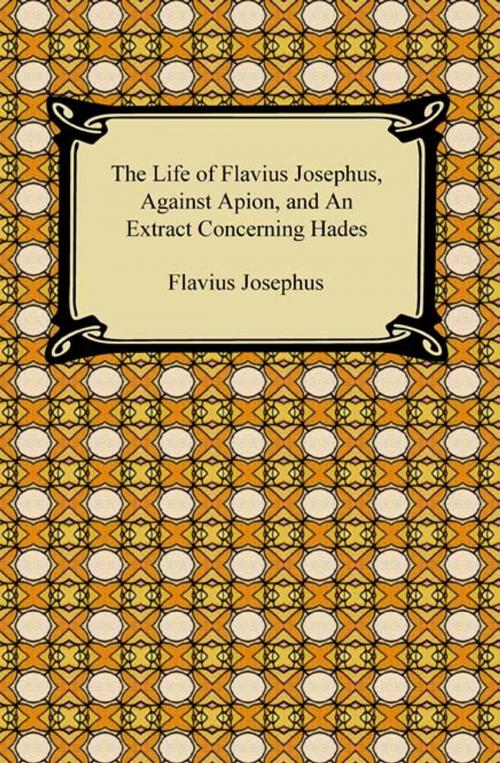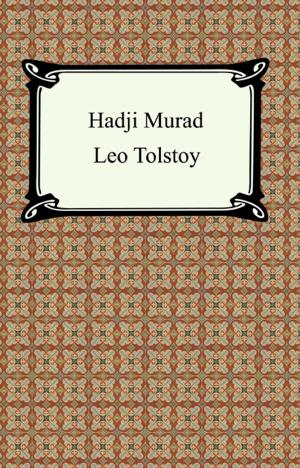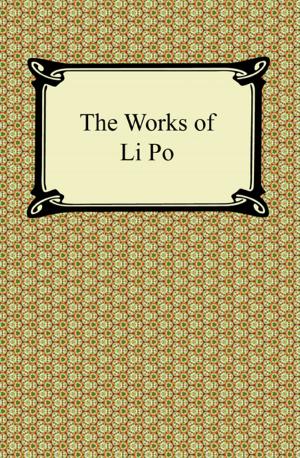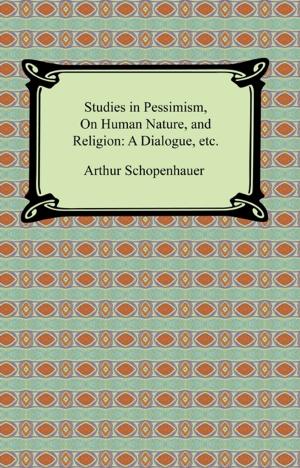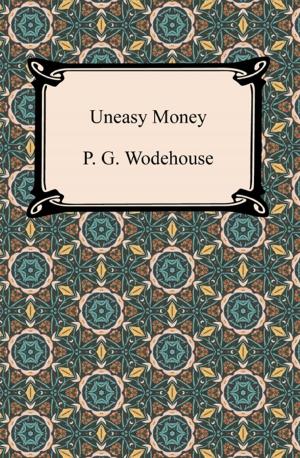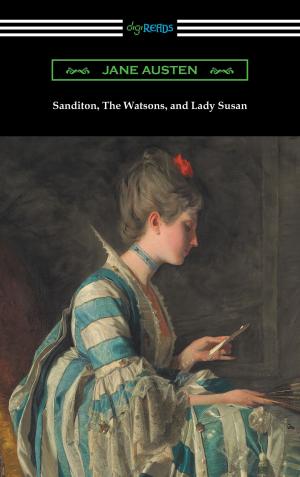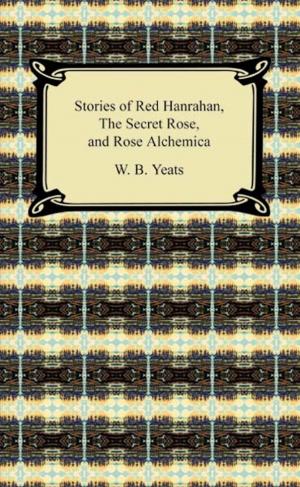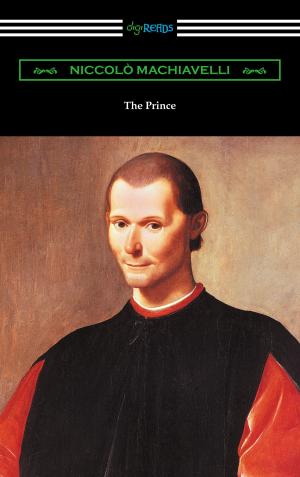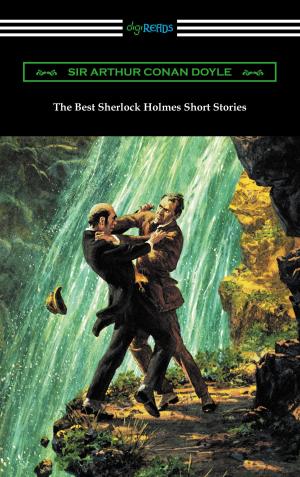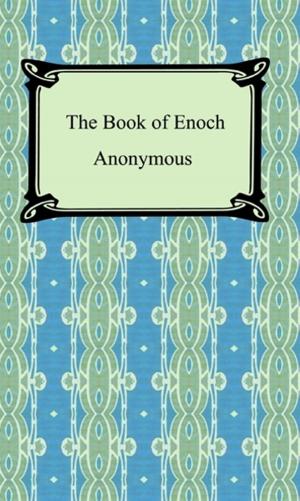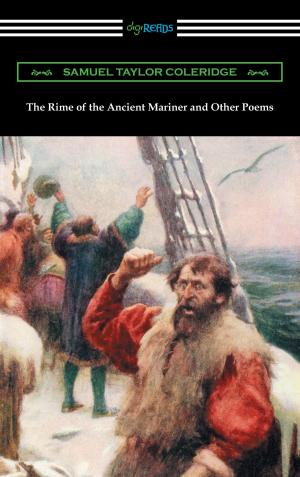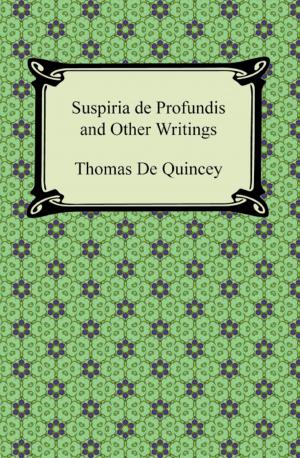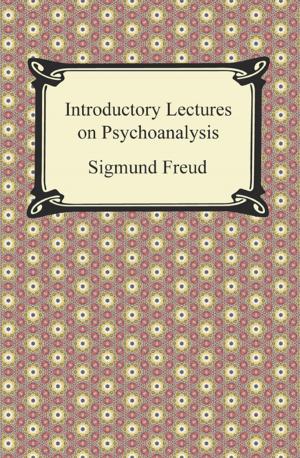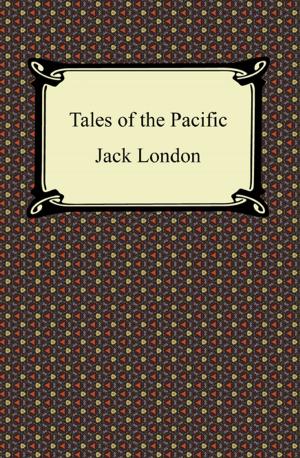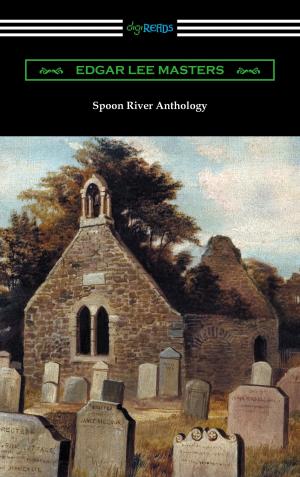The Life of Flavius Josephus, Against Apion, and An Extract Concerning Hades
Nonfiction, Religion & Spirituality, Judaism, History| Author: | Flavius Josephus | ISBN: | 9781420905779 |
| Publisher: | Neeland Media LLC | Publication: | December 15, 2009 |
| Imprint: | Digireads.com Publishing | Language: | English |
| Author: | Flavius Josephus |
| ISBN: | 9781420905779 |
| Publisher: | Neeland Media LLC |
| Publication: | December 15, 2009 |
| Imprint: | Digireads.com Publishing |
| Language: | English |
Within this collection of Josephus' shorter works, the life and thoughts of this first-century Jewish historian and Roman citizen unfold in an informative, methodical way. The autobiography, "The Life," is a text originally thought to have been an appendix to his most well-known work, "Antiquities of the Jews," for Josephus felt the need to justify his cooperation with the Romans as a Jew just after the First Jewish-Roman War. In the two-volume "Against Apion," Josephus defends Judaism as both an ancient religion and a philosophy, particularly in contrast to the more recent customs of the Greeks, or Greco-Romans. He addresses both negative contentions by the Greek writer Apion and myths of Manetho. Finally, Josephus' "Discourse to the Greeks" includes his thoughts on the afterlife in opposition to the prevailing Greek views of his day. An insightful and observant writer, Josephus's unique position as a Jew in the Roman world of the first century provides a surprising perspective to a time generally studied through the lens of Christianity.
Within this collection of Josephus' shorter works, the life and thoughts of this first-century Jewish historian and Roman citizen unfold in an informative, methodical way. The autobiography, "The Life," is a text originally thought to have been an appendix to his most well-known work, "Antiquities of the Jews," for Josephus felt the need to justify his cooperation with the Romans as a Jew just after the First Jewish-Roman War. In the two-volume "Against Apion," Josephus defends Judaism as both an ancient religion and a philosophy, particularly in contrast to the more recent customs of the Greeks, or Greco-Romans. He addresses both negative contentions by the Greek writer Apion and myths of Manetho. Finally, Josephus' "Discourse to the Greeks" includes his thoughts on the afterlife in opposition to the prevailing Greek views of his day. An insightful and observant writer, Josephus's unique position as a Jew in the Roman world of the first century provides a surprising perspective to a time generally studied through the lens of Christianity.
